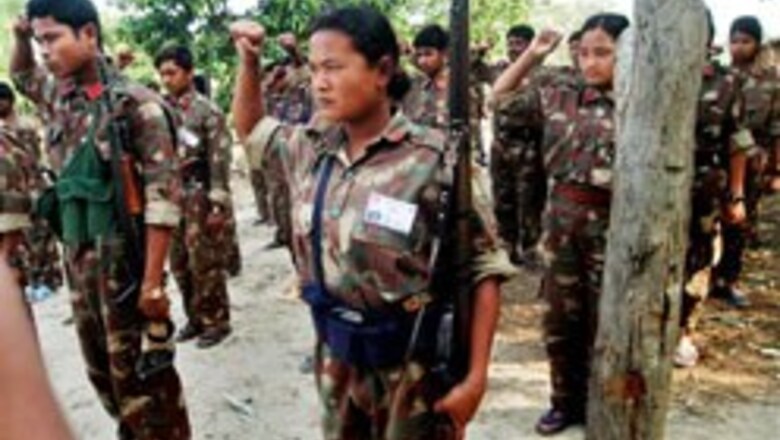
views
Kathmandu: The United Nations began the delicate task on Wednesday of accepting and registering weapons from Nepal's Maoists, who now sit as lawmakers just nine months after they agreed to lay down their guns and talk.
"The registration and storing of arms has commenced and everything is proceeding in a very orderly and calm way," UN spokesman Kieran Dwyer said.
The Maoist guns will be stored in sealed, metal containers and monitored around the clock. Dwyer said all combatants had to complete a form giving their personal details, rank and for how long they had been working in the Maoist army.
"Some of them don't have the weapons. And those who do, have to show their weapons to the UN registration team that registers the details. Then the combatant ... puts the weapon in the container," he said. "It is not a surrender. It is storing the weapons."
The work started at a Maoist camp in Chitwan, 80 km south of Kathmandu, and is expected to continue there for several days, but not weeks, he said. UN monitors will start taking in weapons at other camps later.
In November, the government and Maoists signed a landmark peace pact declaring an end to a decade-old conflict against the monarchy in which more than 13,000 people died.
The Maoists had declared a ceasefire in April after weeks of street protests forced King Gyanendra to restore parliament and end palace rule.
Under the deal, 83 Maoist nominees have taken seats in an interim legislature to become one of three main political groups.
The interim parliament met on Wednesday and re-elected Subas Nemwang, the speaker of the previous parliament, in his old role.
Nemwang, a member of mainstream Communist Party of Nepal-UML, was proposed for the position by Krishna Bahadur Mahara, leader of the Maoist party in the interim legislature, an early sign of camaraderie between former foes, officials said.
The Maoists are also due to join an interim government which will organise elections for a special assembly set up to map the country's political future and decide the fate of the monarchy, which the Maoists want abolished.
But before that, Maoist fighters – their leaders estimate their number at about 35,000 – are to be confined to 28 camps and their arms locked up in seven areas under UN watch.
The former rebels will keep the keys to the containers, while the army must store a similar number of weapons.
Analysts and human rights workers say the number of Maoist fighters may be far lower than claimed, and that thousands of people – many of them children – were recruited to boost their credibility as the peace process developed.
The United Nations plans to send up to 186 monitors to help enforce the peace pact, and to deploy officials to help with the assembly elections, which are expected to be held in June.
The Maoists have been accused by the government of not allowing police posts closed during the war to reopen.










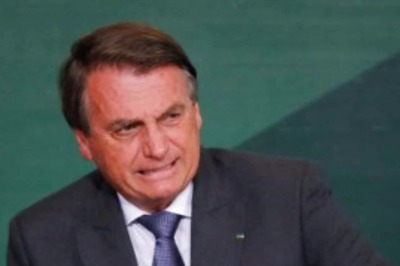


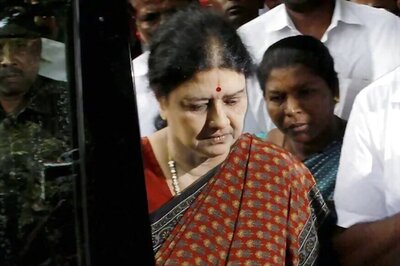


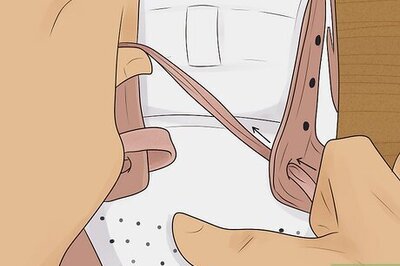
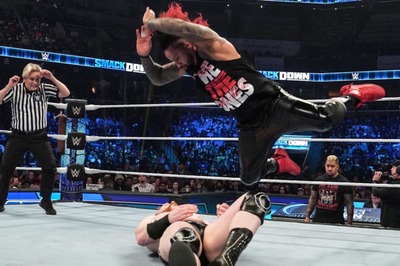


Comments
0 comment